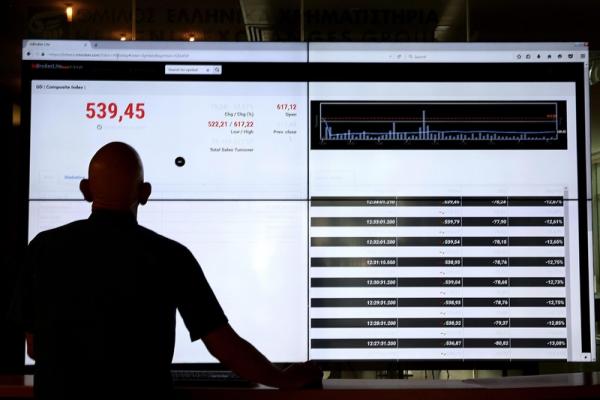U.S. election effects on regulation, trade and immigration will impact economy the most


As the U.S. presidential election approaches, the economic landscape could be significantly shaped by policies related to regulation, trade, and immigration, as per BofA Securities.
Regulation: A shift toward deregulation could positively influence business investment and market sentiment. Expected areas of change include financial deregulation, energy policy, healthcare, and antitrust enforcement.
While these changes may stimulate investment and improve market confidence, the overall macroeconomic impact is likely to be more moderate, focusing on specific sectors rather than broad economic growth.
Trade: Trade policies are anticipated to remain a pivotal issue. A new administration is expected to continue efforts to realign U.S. trade relations, potentially increasing tariffs and affecting global trade dynamics. Higher tariffs could lead to increased domestic inflation and slower economic growth, particularly impacting China and other major trading partners.
The Federal Reserve might face challenges balancing inflation and growth, with potential implications for interest rates and economic stability.
Immigration: Changes in immigration policy could have significant economic repercussions. Tighter immigration could reduce labor supply, potentially driving up wages and impacting overall spending and economic growth.
However, the immediate effect might be less pronounced compared to other policy areas, though it could contribute to a stagflationary environment.
Fiscal Policy: Both major parties are expected to pursue higher deficits, though the extent and impact will depend on Congressional control. Increased fiscal spending might boost short-term growth but could also lead to higher inflation and interest rates, affecting global economic conditions.
While all four themes—regulation, trade, immigration, and fiscal policy—will influence the economy, analysts flag that trade and immigration policies, in particular, will likely have the most profound effects on economic performance and stability.








